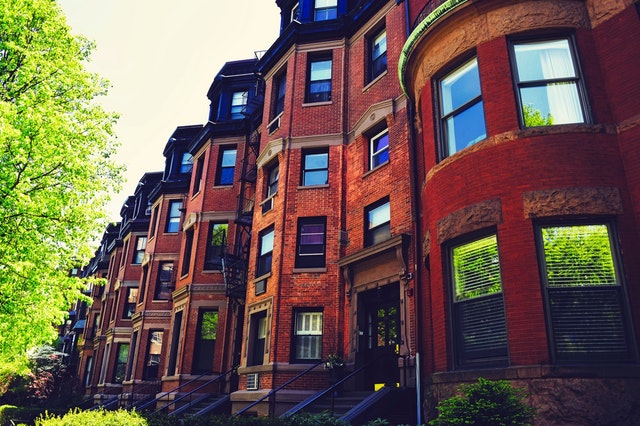 The mortgage interest rate represents the cost of borrowing money to purchase a property. Mortgage interest rates are not fixed; that is, they fluctuate from one period of time to the next.
The mortgage interest rate represents the cost of borrowing money to purchase a property. Mortgage interest rates are not fixed; that is, they fluctuate from one period of time to the next.
Many different factors play into what your mortgage interest rate will finally turn out to be. Some of these factors have to deal with the economy and government decisions. Other factors have to do with your personal financial situation.
Finally, mortgage interest rates can differ between lending institutions, which is why you may get different mortgage interest rate quotes from different places.
Economic Factors That Cause Mortgage Interest Rates To Fluctuate
Mortgage interest rates are somewhat connected to the stock market. When the stock market indexes go up, mortgage rates tend to rise as well. The Consumer Price Index is a measure of inflation rates. When inflation rises, you can expect to see mortgage interest rates go up, too. Other economic factors that affect mortgage interest rates include Data from the Gross Domestic Product, Consumer Confidence, and Home Sales reports.
Government Decisions That Lead To Mortgage Interest Rate Changes
The federal government keeps close tabs on the economy. Government officials are always making adjustments in order to keep the economy strong. Periodically, the government will raise or lower key interest rates in order to adjust bank lending economics. When the government raises or lowers the Federal Funds interest rate, it is always announced in the media.
Personal Financials And Your Mortgage Interest Rate
Finally, your personal financial situation influences what kind of mortgage interest rate your lender offers. A higher credit score will generally get you a lower mortgage interest rate. This is another reason why it’s always a good idea to review and improve your credit score before applying for a mortgage.
When you are ready to apply for a mortgage, meet with a trusted home mortgage professional. Because mortgage interest rates fluctuate often, you could find that the interest rate gets higher in the short time in which you’re still shopping for your home. Once you do find an attractive program for your personal situation, be sure that you are ready to take the necessary steps to lock in that rate.
If you are interested in buying a new home or listing your current property, be sure to contact your trusted real estate professional.
 Last week’s economic news included readings on construction spending, and labor reports on public and private sector jobs and the national unemployment rate. Weekly reports on new jobless claims and mortgage rates were also released.
Last week’s economic news included readings on construction spending, and labor reports on public and private sector jobs and the national unemployment rate. Weekly reports on new jobless claims and mortgage rates were also released. If climate change is foremost in your mind, you may be interested in reducing your new home’s carbon footprint. Choosing green materials is one way to promote sustainability and ensure you’re doing your part to help the planet.
If climate change is foremost in your mind, you may be interested in reducing your new home’s carbon footprint. Choosing green materials is one way to promote sustainability and ensure you’re doing your part to help the planet. A study done by REALTOR® identified the most popular cities that people search for when looking for a new home in another area that is different from where they currently live.
A study done by REALTOR® identified the most popular cities that people search for when looking for a new home in another area that is different from where they currently live. Opportunity Zones were created by the 2017 Tax Cuts and Jobs Act to encourage investors with capital gains on other investments to invest that money in low-income and undercapitalized communities. They get a reward of deferring capital gains tax. They avoid a portion of it altogether if they keep the investment for five years or longer.
Opportunity Zones were created by the 2017 Tax Cuts and Jobs Act to encourage investors with capital gains on other investments to invest that money in low-income and undercapitalized communities. They get a reward of deferring capital gains tax. They avoid a portion of it altogether if they keep the investment for five years or longer. 